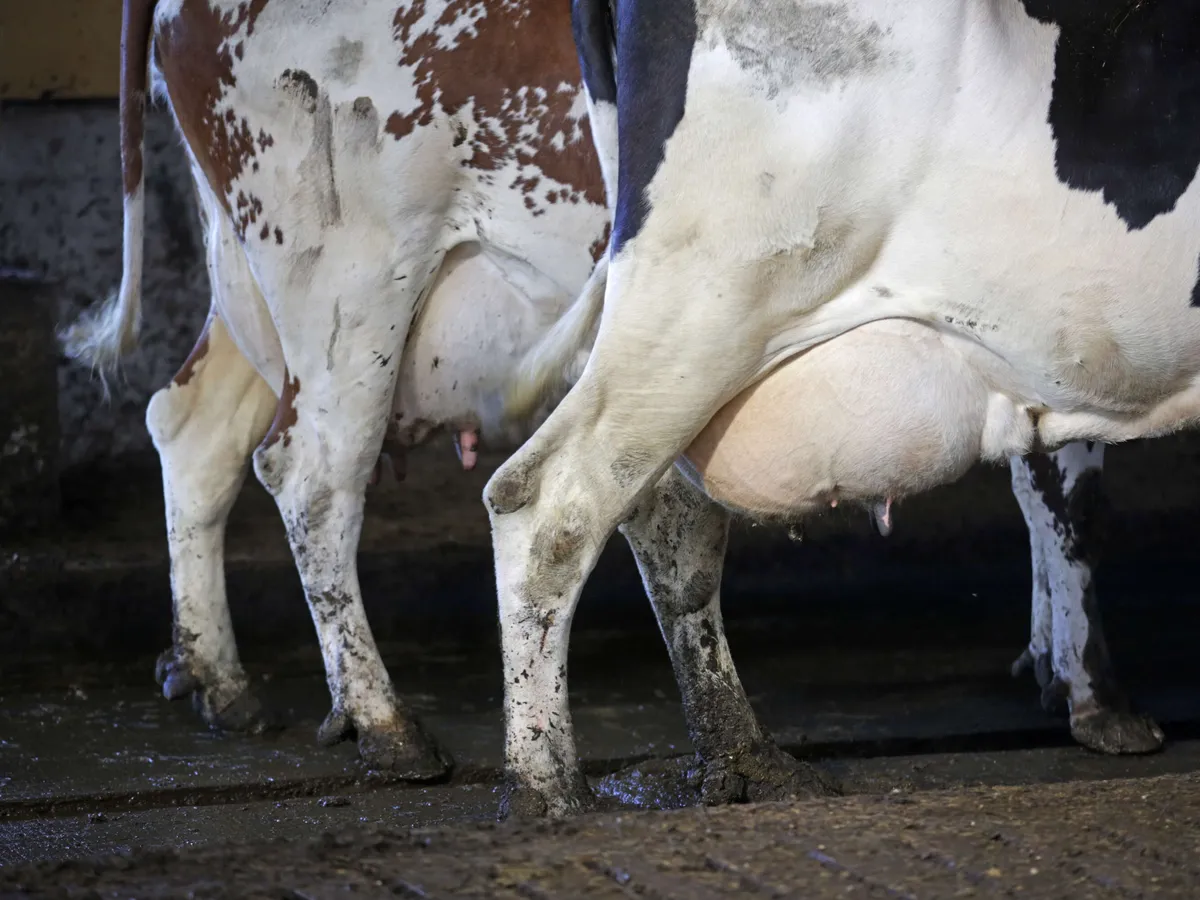The European Commission proposes to postpone the implementation of the controversial deforestation regulation by a year.
The postponement is due to the fact that many member states and the EU’s international trading partners have demanded it.
The purpose of the Deforestation Regulation is to ensure that products bought and consumed in the EU do not worsen deforestation and do not weaken the state of forests in the world.
The deforestation regulation covers wood, beef, coffee, cocoa, soy, oil palm and rubber. These products may only be brought to the market if their production has not caused deforestation.
The EU institutions have approved the regulation last summer. The original schedule was that the implementation of the regulation would start in the member countries on December 30. It’s less than three months away.
“Several partners have expressed concern about their own readiness to apply the regulation, most recently during the week of the UN General Assembly in New York,” the commission’s statement reads.
In Finland, barn projects are at a standstill
Finnish Minister of Agriculture and Forestry Sari Essayah (kd) has repeatedly brought up the wish to have more detailed implementation instructions in the regulation at the meetings of EU agriculture ministers.
“It is clear that the pressure on the Commission is high, and the irritation of the member countries around this issue is starting to be quite high,” Essayah stated last week.
On Wednesday, the Commission issued guidance documents for the regulation. The instructions concern information systems, sanctions and clarifications to critical terms, such as what is meant by the deterioration of the state of forests.
The Ministry of Agriculture and Forestry recommended in the summer of 2023 that farmers postpone their future cattle and dairy farm construction projects due to the deforestation decree.
Barn investments have practically stopped in Finland since then.
Natural Resources Center according to the report the deforestation decree imposes obligations on companies and operators of all sizes in Finland. It affects the operations of large grocery chains and forest industry companies.
However, it also applies to small operators, such as forest owners, agricultural entrepreneurs, coffee roasters and carpentry workshops.
The trade union is satisfied that the commission has heard the voice of the industry.
“The trade sector fully signs the objectives of the deforestation regulation, but the regulation was unfeasible due to its unclear content and original schedule,” the association’s CEO Kari Luoto states in the announcement.
The member states have requested a postponement
In March, the majority of EU countries supported Austria’s motion, according to which the implementation of the regulation should be postponed until it has been specified in the necessary parts.
In recent weeks, the decree has received strong criticism from the German Chancellor Olaf Scholzilta and from the President of the World Trade Organization, WTO Ngozi Okonjo-Iwealalta.
Okonjo-Iweala stated in an interview with the Financial Timesthat the EU has not given clear instructions on the implementation of the regulation. It causes uncertainty in exporting countries. Trading partners do not know if their goods will be stopped at EU borders.
If the European Parliament and the Council of Member States approve the postponement of implementation, the law would start to apply to large companies on December 30, 2025, and to small and medium-sized companies on June 30, 2026.
The EU Commission initially justified the need for the deforestation regulation by saying that the deterioration of the state of forests is a significant cause of climate change and nature loss.
THE FACTS
Forest cover regulation
The regulation aims to ensure that products bought and consumed in the EU do not worsen deforestation and do not weaken the state of forests in the world.
The EU legislators, i.e. the parliament and the council of the member states, approved the regulation in 2023.
The regulation was supposed to be implemented in the member states at the end of this year. Now the commission proposes to postpone the implementation until the end of 2025. Postponement requires approval from the Council and Parliament.
On Wednesday, the Commission also issued the long-awaited implementation instructions for the regulation.
